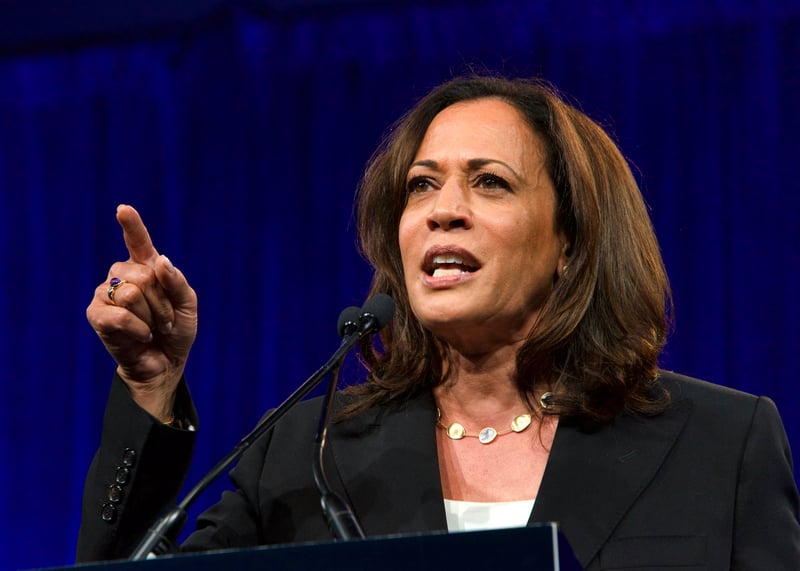
Vice President Kamala Harris has once again sparked controversy by calling for federal oversight of social media platforms like Facebook and X (formerly Twitter). Her recent remarks echo her earlier demands to remove former President Donald Trump from Twitter, citing the need for these platforms to bear responsibility for their vast influence. However, Harris’s push for regulation has raised concerns about the implications for free speech, especially in light of revelations that Meta, under CEO Mark Zuckerberg, had restricted speech at the request of the Biden-Harris administration.
Harris’s argument is that social media platforms wield enormous power, allowing them to communicate directly with millions of people without sufficient oversight. She contends that this unregulated power must be curtailed to ensure accountability. This stance, however, is being criticized as an attack on free speech, with many pointing out that her push for federal regulation could lead to the suppression of dissenting voices, particularly those critical of the government.
Critics argue that Harris’s call for regulation mirrors alarming trends in countries like Brazil and the United Kingdom, where governments have enacted stringent laws to monitor and punish online speech. In Brazil, for instance, the government has been accused of using these laws to target political opponents and suppress freedom of expression. The UK has similarly implemented regulations that have raised concerns about the erosion of free speech online, with the government gaining more power to censor content.
The timing of Harris’s push for federal oversight is particularly troubling given Zuckerberg’s admission that Meta had censored certain forms of speech at the behest of the Biden-Harris administration. This raises significant questions about the extent to which the government is already influencing what can and cannot be said on these platforms. If Harris’s proposals were to be enacted, it could lead to a dangerous precedent where the federal government has even greater power to silence voices that do not align with its views.
This approach also contradicts the foundational principles of free speech that are enshrined in the U.S. Constitution. The First Amendment was designed to protect citizens from government censorship, yet Harris’s proposals seem to be steering the country towards a system where the government plays an active role in determining what can be said online. This could have a chilling effect on open discourse, stifling the very freedom that social media platforms were originally designed to promote.
In essence, while Harris frames her call for oversight as a necessary step to ensure accountability, it also raises the specter of government overreach and the potential suppression of free speech. As the debate over social media regulation continues, it is crucial to consider the broader implications of such policies and the risks they pose to the free exchange of ideas in a democratic society.
Harris has openly criticized social media since becoming a U.S. Senator. Supporters of Harris and those close to her campaign have also criticized Elon Musk and X in recent weeks.


 (@avatans)
(@avatans)